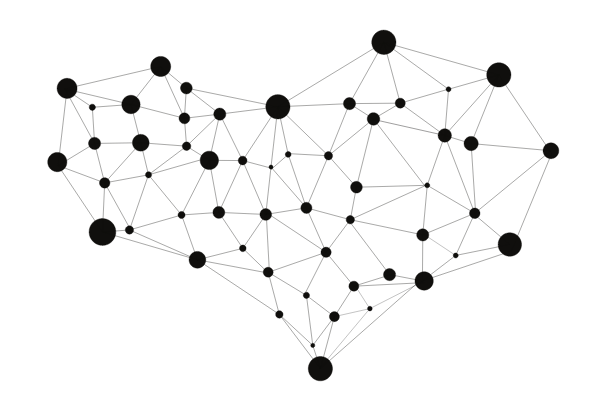Not since Marx identified the manufacturing plants of Manchester as the
blueprint for the new capitalist society has there been a more profound transformation of the fundamentals of our social life. As capitalism faces a series of structural crises, a new social, political and economic dynamic is emerging: peer to peer.
What is peer to peer (P2P)? Why is it essential for building a commons-centric future? How could this happen? These are the questions we try to answer, by tying together four of its aspects:
- P2P is a type of social relations in human networks, where participants have maximum freedom 1 to connect.
- P2P is also a technological infrastructure that makes the generalization and scaling up of such relations possible.
- P2P thus enables a new mode of production and property.
- P2P creates the potential for a transition to an economy that can be
generative towards people and nature.
We believe that these four aspects will profoundly change human society. P2P ideally describes systems in which any human being can contribute to the creation and maintenance of a shared resource while benefiting from it. There is an enormous variety of such systems: from the free encyclopedia Wikipedia to free and open-source software projects, to open design and hardware communities, to relocalization initiatives and community currencies.

